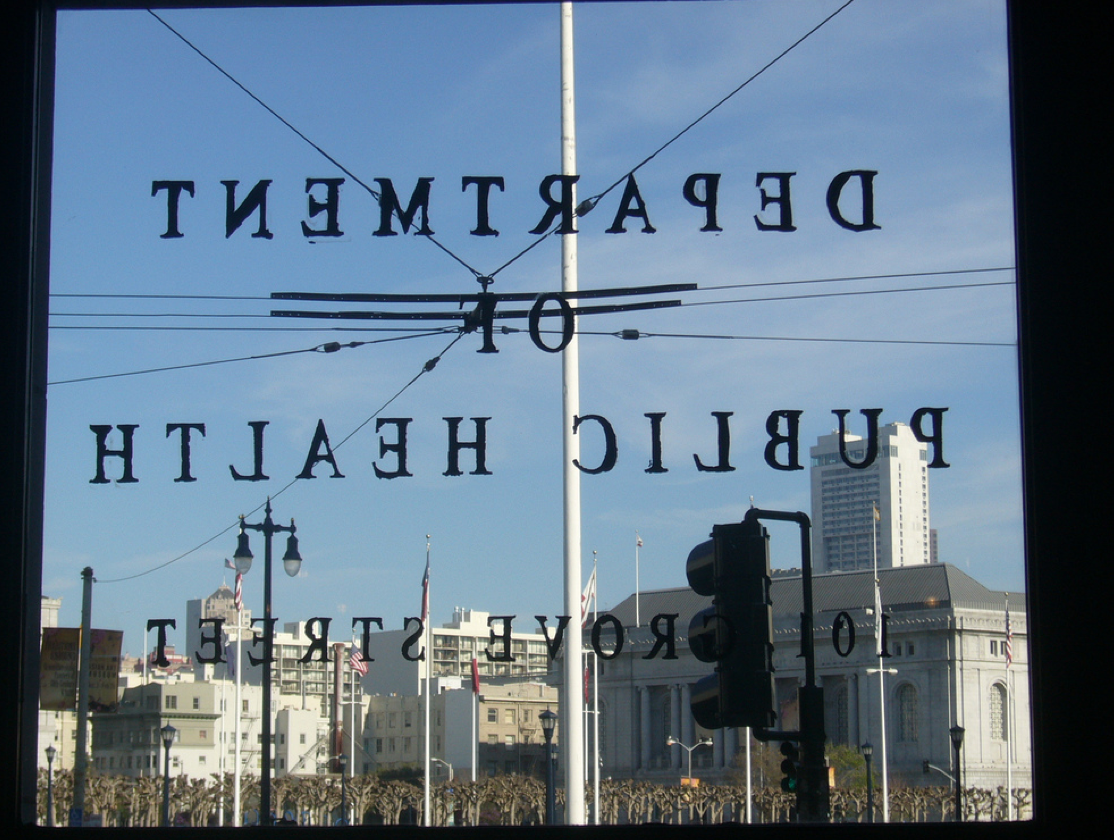From the inception of our magazine, which recently celebrated its first birthday, we envisioned publishing an issue dedicated entirely to public health. One of our watchword phrases is and will always be civic engagement, and public health is one of the defining civic-engagement flashpoints of our cultural moment. The contributors to this issue interrogate its contours: what do “public” and “health” mean, either separately or especially together? For a publication dedicated to the places in society occupied by imagination and politics, it seemed utterly necessary to address this concept, fraught as it is with the tension between collective good and individual rights—and, as you will find from reading the issue, between domestic activism and global development, policy and culture.
Our work on this issue began before the outbreak of Ebola in West Africa, and we refined its content as the disease spread in countries like Liberia, crossed borders into Europe and the U.S., and was also contained in Nigeria, home to some of the most densely populated urban areas in the world. While the outreach efforts, media narratives, and cultural backlash surrounding Ebola did not shape our desire to publish this issue, there’s a strong possibility that that context they may well impact how you read its content. Not convinced? We explore that potential impact with a data visualization and analysis of search terms surrounding “Ebola” and “swine flu.” Tracing the usage of popular words and phrases people type in to search engines to gather information about these diseases yielded surprising results that reveal some of the associative dimensions surrounding public health. The story of Ebola also shares catalyzing features with stories told in this issue about the drug enforcement apparatus in the United States, and PreP/Truvada—both of which involve clashes between cultures of fear and instruments of the state.
We all wish to be healthy and safe, but as many of our contributors point out, many of us cling desperately to the fantasies of exception and containment on which we have been reared. Some of us seek to understand these desires in the protected confines of an analyst’s office. Of course, as the Ebola outbreak also makes heartbreakingly clear, who gets a happy ending in the story of public health is often determined by knowledge infrastructure and the presence or absence of resources. We address these elements head-on with a roundtable on the scope and evolution of the Masters in Public Health degree, and a startling, in-depth look at the flagging state of cancer funding in the United States. Following publication of this issue, we will be using our blog space in the coming weeks to pursue questions raised here in a global context.
Finally, we include in this issue an incisive interview with essayist Eula Biss about her book On Immunity: An Inoculation, recently named one of the top ten books of 2014 by Publishers’ Weekly. One of the most powerful elements of her book is its use of literature—from Dracula to Silent Spring—to frame her trenchant and deeply open examination of the cultural history of vaccination. We are taking a page from her book (so to speak) by including book reviews in our issue for the first time, in addition to fiction and poetry that fire up our civic imaginations and spur social engagement. As we look to our second year, we hope this small evolution will be one among many steps on a road dedicated to growing a magazine, one that pursues literature and public ideas for many years to come.

